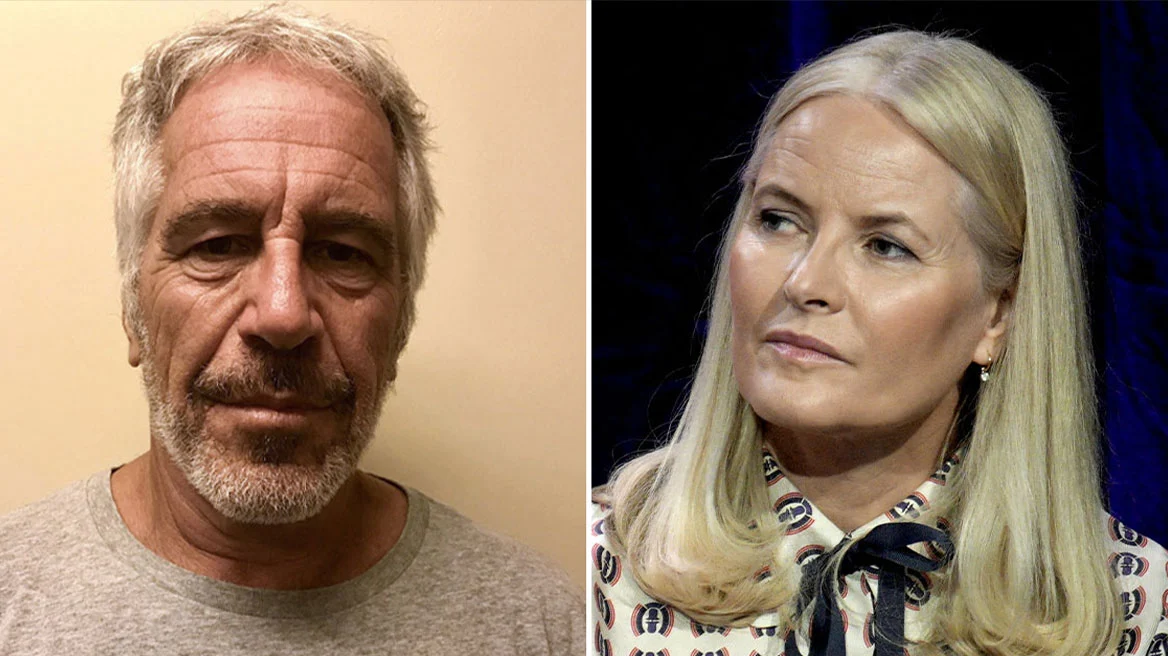A total of €2.955 billion for 2025 (an additional €1.115 billion from this year) has been allocated in the new budget to fund interventions mainly in the areas of increasing disposable incomes, social policy, and addressing the demographic issue. According to the budget, the Ministry of National Economy and Finance and the broader economic team have planned, among other things, the following for the coming year:
– A reduction, starting January 1st, of social security contributions by one percentage point. Specifically, this reduction is broken down into a 0.5% reduction in workers’ contributions and a 0.5% reduction in employer contributions for the health sector, with an annual net cost of €440 million for 2025.
– The abolition of the profession tax for self-employed individuals from January 1st, 2025, following a 50% reduction in 2024, with a cost of €113 million for 2024 and €238 million for 2025.
– The permanent reinstatement of the excise tax refund on agricultural fuel with a new system based on actual consumption, costing €100 million for 2025.
– Pension increases based on the rate of inflation and GDP growth, with an additional cost of €398 million for 2025.
– Starting April 2025, a new increase in the base salaries of all public sector employees, ensuring that the starting salary in the public sector will not be lower than the private sector’s minimum wage. The gross cost of this intervention for 2025 is initially estimated at €143 million. However, the final cost will depend on the final increase in the minimum wage.
– From January 1st, 2025, the separate taxation of the compensation for on-call shifts of NHS doctors at a rate of 22%, costing €40 million.
– An increase starting January 1st, 2025, in compensation for night work of uniformed personnel (Greek Police, Fire Department, Coast Guard, Armed Forces), with a cost of €25 million.
Additionally, for the new year, fiscal and institutional interventions have been included in the budget as part of the broader National Action Plan for demographic issues.
Examples of measures include:
– An increase in the birth allowance from €2,000 to €2,400 to €3,500 (depending on the number of children) with retroactive effect from January 1st, 2023, costing €90 million for 2024 and €45 million for 2025.
– The abolition from 2025 of the insurance tax on health insurance premiums (15%) for children up to 18 years old, with an annual cost of €17 million.
– The introduction from 2025 of tax exemptions for voluntary benefits from companies to new parents as well as benefits related to daycare services, with an annual cost of €6 million.
– An increase in the student housing allowance for regional universities by €500 starting from the new academic year, with a cost of €15 million for 2025.
– The creation of the new “Marietta Giannakou” program within the national part of the National Education and Training Program, amounting to €250 million, with the potential to attract additional private resources, aimed at upgrading the country’s school infrastructure.
Furthermore, from 2025, interventions will be expanded to include, beyond financial support, incentives for utilizing vacant homes. Specifically, the main interventions include:
– The creation of a new “SPITI Mou II” program, with a total budget of €2 billion, of which €1 billion will be financed by the loan part of the TAA and €1 billion by commercial banks. The interest rate will be reduced by 50% from the current commercial rate, as the amount funded by the TAA will be interest-free. Age and income criteria are broadened compared to the first “SPITI Mou” program. The program will cover individuals and couples aged 25 to 50 years, with an income ranging from €10,000 to €20,000 for a single person, while for a couple, it will increase to €28,000 with an additional €4,000 for each child.
– The creation of a new “Renovate My Home” program, primarily aimed at the energy improvement of old homes. This includes loans of up to €25,000 at zero interest, with a total budget of €400 million, of which €300 million will be financed by the loan part of the TAA and €100 million by commercial banks.
– Exemption from income tax for three years on rental income from properties up to 120 square meters, which will be leased under long-term contracts after being vacant or in short-term leasing for at least three years. The estimated cost for 2025 is €3 million, and for the years 2026-2028, it is €13 million annually.
– Doubling of the maximum subsidy for the “Renovate-Rent” program from €4,000 to €8,000, which will cover 60% of expenses compared to the previous 40%. The program has a budget of €50 million, with €25 million allocated for 2024 and €25 million for 2025.
– An extension until the end of 2025 of the suspension of VAT on new buildings, aimed at increasing the availability of housing, with an annual cost of €18 million.
Ask me anything
Explore related questions





